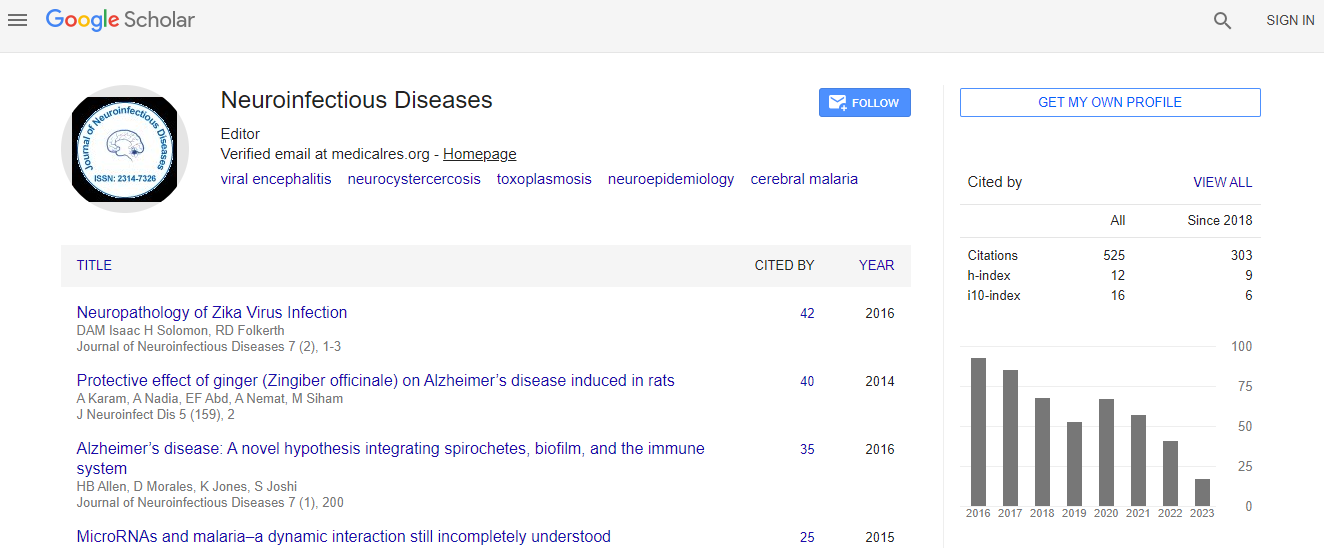Case Report
Vitamin B12 Deficiency as a First Sign of Acquired Horizontal Pandular Nystagmus
Mustafa Kosker1*, Cafer Tanriverdio2, Ahmet Dostbil3, Tugba Tomcuk4 and AfifeAyla Kalabak5
1Department of Ophthalmology, Ulus State Hospital, Turkey
2Department of Ophthalmology, Medipol University, Turkey
3Department of Pharmacology, Etlik Training and Research Hospital, Turkey
4Department of Neurology, DiskapiYildirimBeyazit Training and Research Hospital, Turkey
5Department of Anesthesiology, Ulus State Hospital, Department of Anesthesiology, Turkey
- *Corresponding Author:
- Mustafa Kosker
Ulus State Hospital, Ankara, Turkey
Tel: +905078661101
Fax: +91 11 46057841
E-mail: mustafakosker0@gmail.com
Received January 21, 2015; Accepted February 28, 2015; Published March 03, 2015
Citation: Kosker M, Tanriverdio C, Dostbil A, Tomcuk T, Kalabak AA (2015) Vitamin B12 Deficiency as a First Sign of Acquired Horizontal PandularNystagmus. J Neuroinfect Dis 6:168. doi:
Copyright: © 2015 Kosker M, et al. This is an open-access article distributed under the terms of the Creative Commons Attribution License, which permits unrestricted use, distribution, and reproduction in any medium, provided the original author and source are credited.
Abstract
Eye movement disorders are rarely reported in vitamin B12 deficiency. Reported eye movement disorders in vitamin B12 deficiency were downbeat nystagmus and INO in 3 cases each, upward gaze palsy in 2 cases, bilateral abducens palsy, total ophthalmoplegia, bilateral horizontal gaze evoked nystagmus in 1 case each. We describe a case with recently developed horizontal penduler constant nystagmus due to vitamin B12 deficiency. He received replacement therapy but his eye movement disorder did not respond to treatment. The early diagnosis of vitamin B12 deficiency is vital because when axonal damage is started recovery might not occur. To the best of our knowledge, this is the first reported case with acquired horizontal pendulernystagmus caused by vitamin B12 deficiency.

 Spanish
Spanish  Chinese
Chinese  Russian
Russian  German
German  French
French  Japanese
Japanese  Portuguese
Portuguese  Hindi
Hindi 
